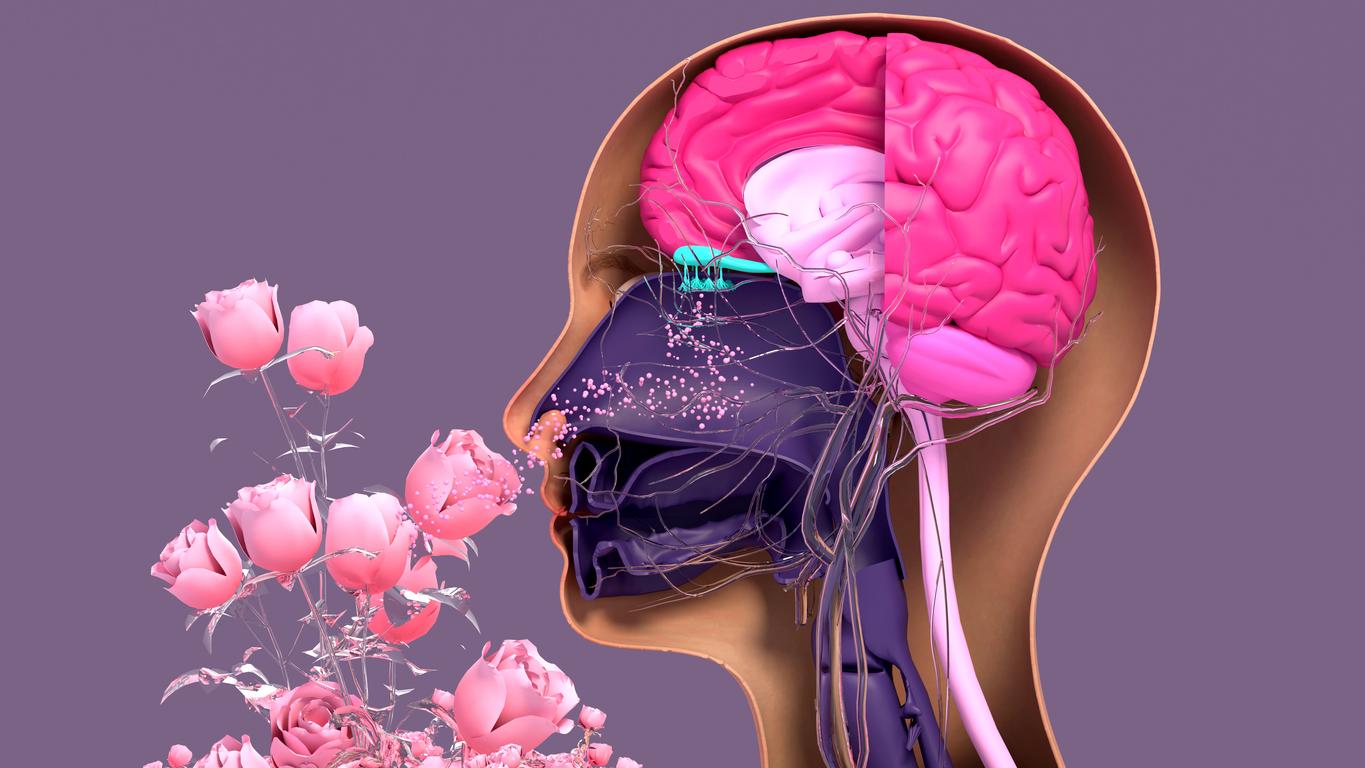According to researchers, short-term memory and the quality of attention decline with old age, which can have a significant impact on common daily tasks and make activities such as driving a car even more dangerous.

- When performing a physical task requiring cognitive effort, such as driving a car, older adults are more likely than younger adults to be distracted by things unrelated to the task at hand, researchers have found.
- This is because old age decreases short-term memory and an individual’s ability to focus on a specific task.
- In France, there is not yet an obligation to check driving ability for the elderly.
This is a study that could advance the debate around the compulsory medical examination for the driving license of seniors : American researchers have highlighted the decline of short-term memory and cognitive control related to age. These diminished abilities can affect driving, for example.
Aging: it impacts the ability to concentrate
According to the study published in the journal Psychology and Aging, older adults are more likely than younger adults to be distracted by things unrelated to the task at hand. Indeed, cognition and action are sensitive to the effects of aging, the authors point out:
“Our study found that, compared to younger adults, older adults are less likely to ignore distractions in their environment when simultaneously performing a cognitive task and a physically demanding task. Ignoring items irrelevant to the task decreases with age and this decrease is greater when simultaneously performing a physical task, which is common in daily life“, explains Lilian Azer, graduate student and first author of the article.
With age, memory declines and distractions increase
And the more difficult the task and/or the more distractions, the more age-related differences may be magnified. This is what scientists noticed during a short-term memory experiment carried out on 19 people, aged 65 to 86, which reproduced what can happen on the road: “We found that under heavy physical exertion, older adults were less likely to ignore distracting information and focus on task-relevant information.”, Mr. Azer said. “Our results suggest that older people may be more distracted.”
They explain it by the fact that age impacts working memory and inhibitory control: “Working memory, sometimes referred to as short-term memory, is an essential cognitive process that helps retain information while engaging in ongoing mental activities. Inhibitory control is the ability to ignore distracting information not relevant to a task while focusing on information relevant to the task”, write the authors.
If they are therefore part of normal cognitive aging, they can be amplified in cases such as driving, which requires the use of both functions.
Towards a compulsory medical fitness to drive examination for the elderly?
This discovery could have an impact on the issue of mandatory driving fitness testing after a certain age, which is the fight led by Pauline Déroulède.
The French wheelchair tennis champion was indeed violently hit in 2018 by a car driven by a 92-year-old man, who had confused the brake pedal with that of the accelerator. Thrown several meters away, she had lost her left leg.
She was at the origin of shock campaigns aimed at making a medical examination compulsory for the driving license of seniors in order to avoid accidents.
















